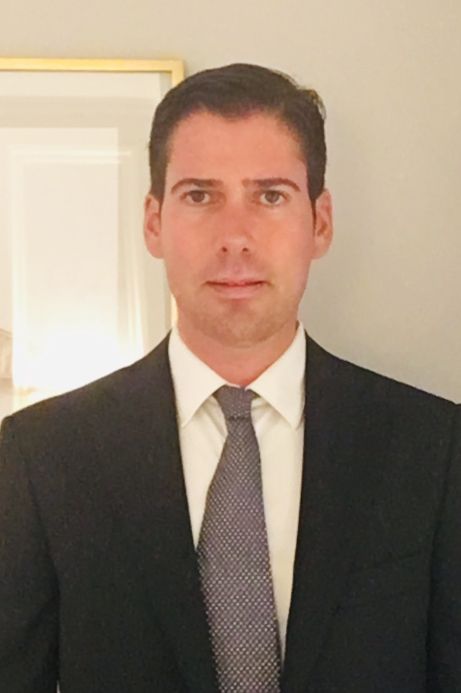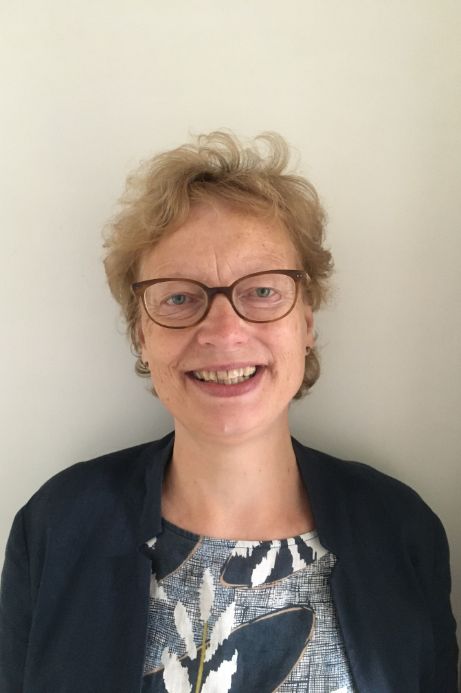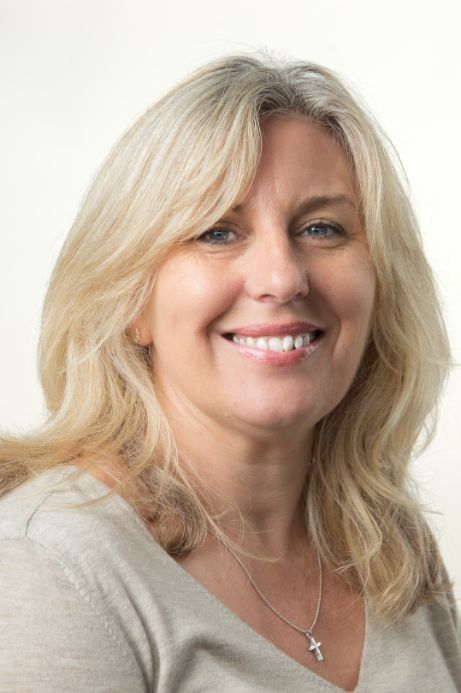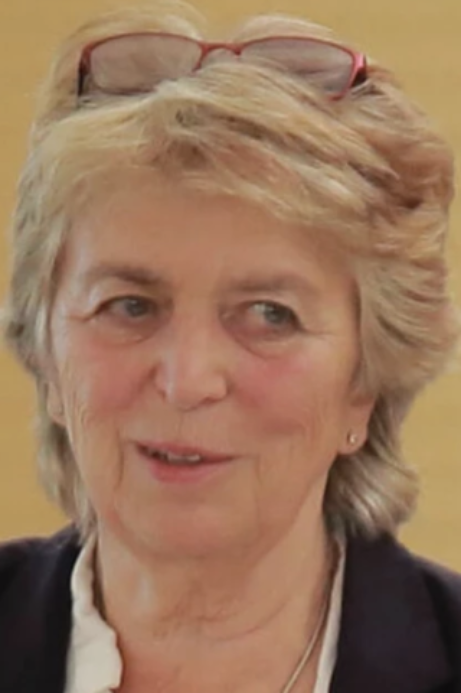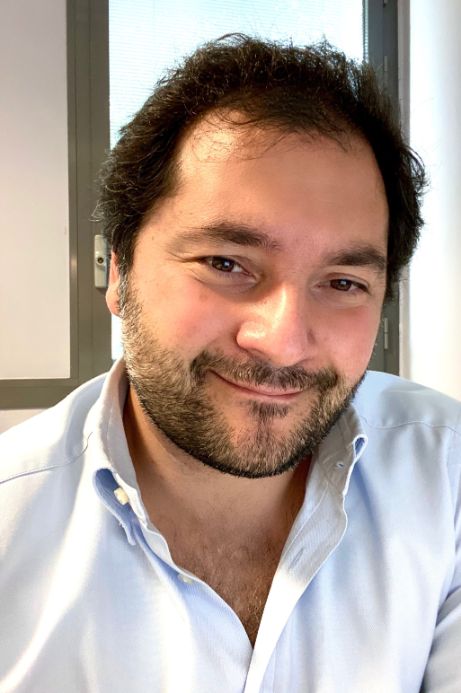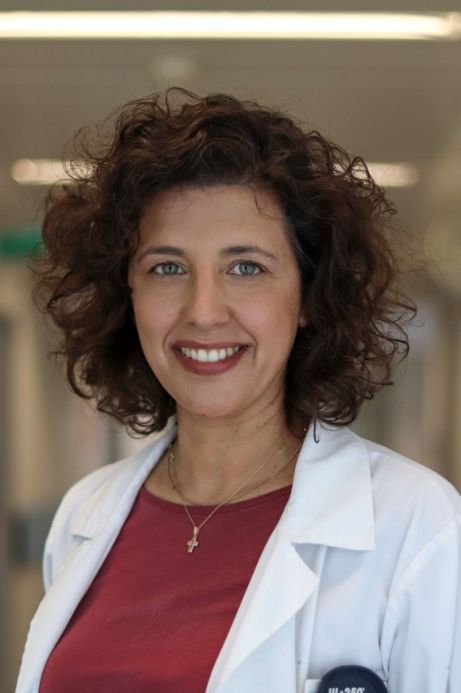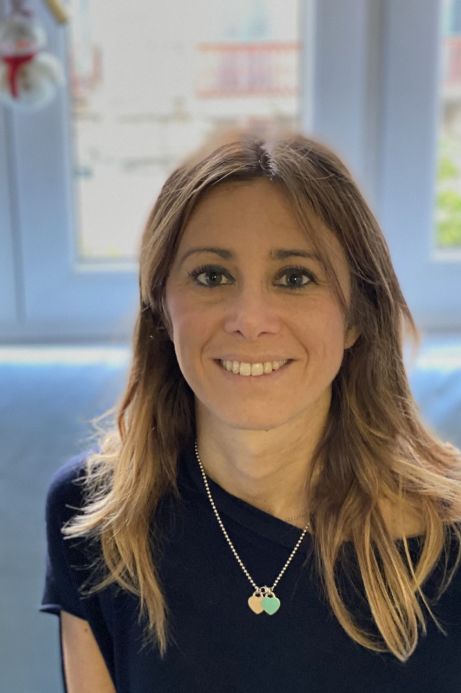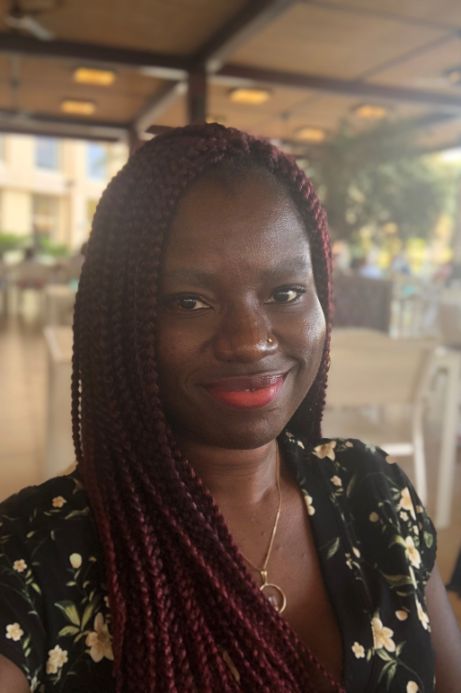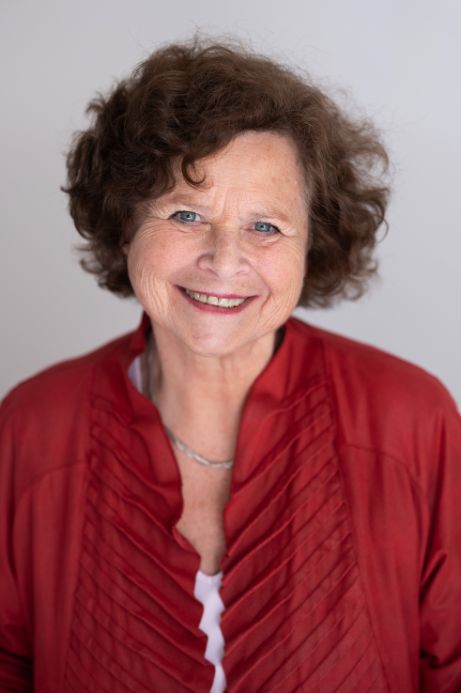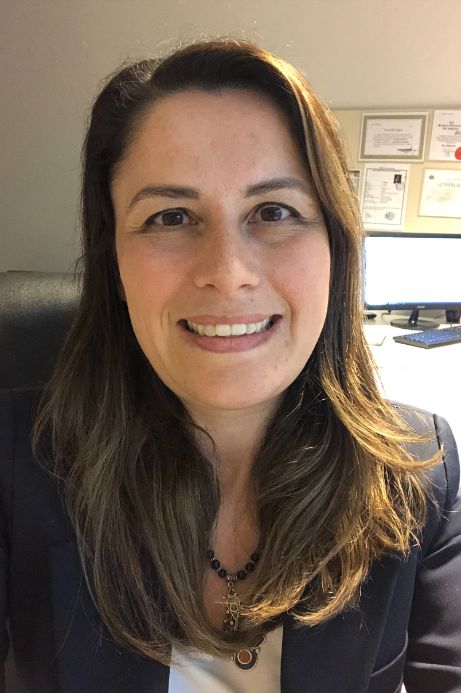On the 6th March 2020, ESPGHAN joined forces with the Children’s Liver Disease Foundation (CLDF) to launch Big Yellow Friday on the European stage for the very first time, aiming to help drive pan-European awareness and understanding of liver disease in children. ESPGHAN called on policymakers to work closely with national societies and patient organisations to help ensure childhood liver diseases are better understood, prevented and treated effectively, ensuring that infants, children and adolescents can live the best possible life.
Prevalence of childhood liver disease is on the rise and now thought to affect up to 1 in 10 children across Europe. Despite this, public awareness is very low and as a result, is often diagnosed late. This can lead to health complications in patients and misunderstandings about what childhood liver disease is.
To combat these challenges, ESPGHAN presented 4 calls to action for policy makers:
- Public awareness and education campaigns should be implemented to improve public understanding of childhood liver disease
- Utilising available funds and grants for rare disease initiatives, greater research should be commissioned to help drive the development of treatments for rare liver conditions
- Children with a liver disease must receive care in a specialist paediatric setting to ensure patients are diagnosed and treated in the most effective way
- Long-term and gradual transitional arrangements from paediatric to adult care must be improved to ensure patients receive the highest quality of care, with as little disruption possible
To download our infographics related to this initiative, please click here. Other languages are also available below. For the Manifesto, please click here.
Spanish, French, Italian, Portuguese, Czech, Danish, French Belgium,Greek, Hebrew, Romanian, Catalan, Slovak.
Together we can help improve the lives of children.

.jpg)

